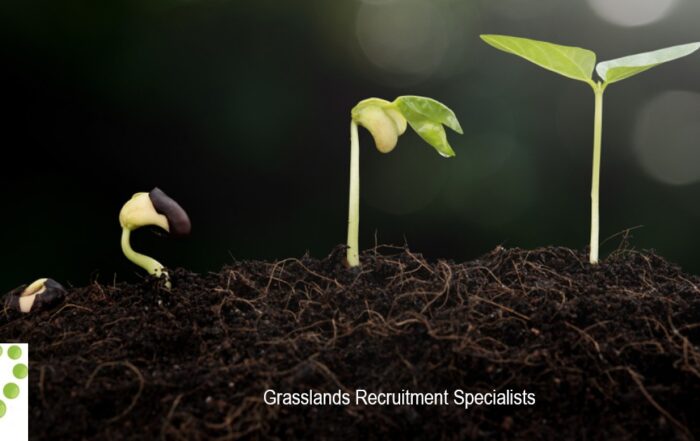In the fast-evolving world of agriculture, technical know-how is often viewed as the backbone of success. From data-driven decision-making to mastering cutting-edge equipment, there’s no denying that specialized skills are essential. But there’s another side of the equation that’s just as crucial—soft skills.
These human-centric abilities—like communication, adaptability, collaboration, and emotional intelligence—are often underrated, yet they play a vital role in shaping the future of the ag industry. Here’s why soft skills deserve just as much attention as technical expertise.
-
Teamwork Makes the Industry Work
Whether coordinating logistics, managing supply chains, or working with researchers and analysts, collaboration is everywhere in ag. It’s not enough to just “do your part.” Understanding others’ perspectives, resolving conflicts diplomatically, and contributing to a shared goal are key to productivity and long-term success.
-
Communication Is Core
Effective communication is what bridges the gap between technical knowledge and real-world impact. Professionals need to convey complex ideas clearly—whether presenting insights to stakeholders, sharing findings with colleagues, or navigating compliance and regulatory discussions. Soft skills help turn good data into great decisions.
-
Adaptability Is a Superpower
Ag is an industry in motion. Markets shift, technologies evolve, climate patterns change. The ability to adapt, pivot strategies, and remain resilient in uncertain situations is a critical edge. Those who can remain calm and flexible when plans change are often the ones who rise to leadership.
-
Leadership Isn’t Just a Title
Good leaders aren’t just defined by what they know—they’re defined by how they lead. Inspiring others, making ethical decisions, offering constructive feedback, and building a culture of trust all come down to soft skills. And in ag, where the stakes are often high and timelines tight, leadership can make or break a project.
-
Empathy Drives Innovation
At its heart, agriculture is about people—consumers, partners, communities. Empathy allows professionals to understand the needs and motivations of others, which fuels more thoughtful innovation. Whether designing sustainable systems or developing new products, empathy helps ensure solutions are both effective and equitable.
-
Soft Skills Future-Proof Careers
Technical tools and platforms will continue to evolve—but soft skills remain timeless. Investing in interpersonal development not only strengthens your current role but also sets you up for growth as job requirements shift. It’s the foundation for lifelong learning and career agility.
Final Thoughts
In the ag industry, where precision and innovation are front and center, it’s tempting to prioritize technical skills alone. But the truth is, success depends just as much on how well we connect, adapt, and lead. As the industry becomes more interconnected and dynamic, soft skills are no longer optional—they’re essential.
Share This Story, Choose Your Platform!
Balancing Passion and Practicality: How to Build a Meaningful Ag Career Without Burning Out
Agriculture attracts people who care deeply about what they do. It is more than a job. It is an industry built on purpose, relationships, and long-term impact. Many agricultural professionals enter the field because READ MORE-->
Creating a Culture of Growth: How Ag Employers Can Support Continuous Learning
In today’s agricultural labour market, hiring strong talent is only half the battle. The employers who stand out are those who make growth part of their culture, not just part of their job postings. High-performing READ MORE-->

